The recent news of Princess Kate’s abdominal surgery has captured public attention. Notably, she and Prince William decided against having their children visit her in the hospital, a thoughtful move to maintain a sense of normalcy for them.
While hospital stays can be challenging, especially for public figures, the decision to keep children away from such environments is often made to protect their emotional well-being. This choice underscores the delicate balance between public duties and private family life that the royal couple navigates.
The Royal Family’s Approach to Parenting
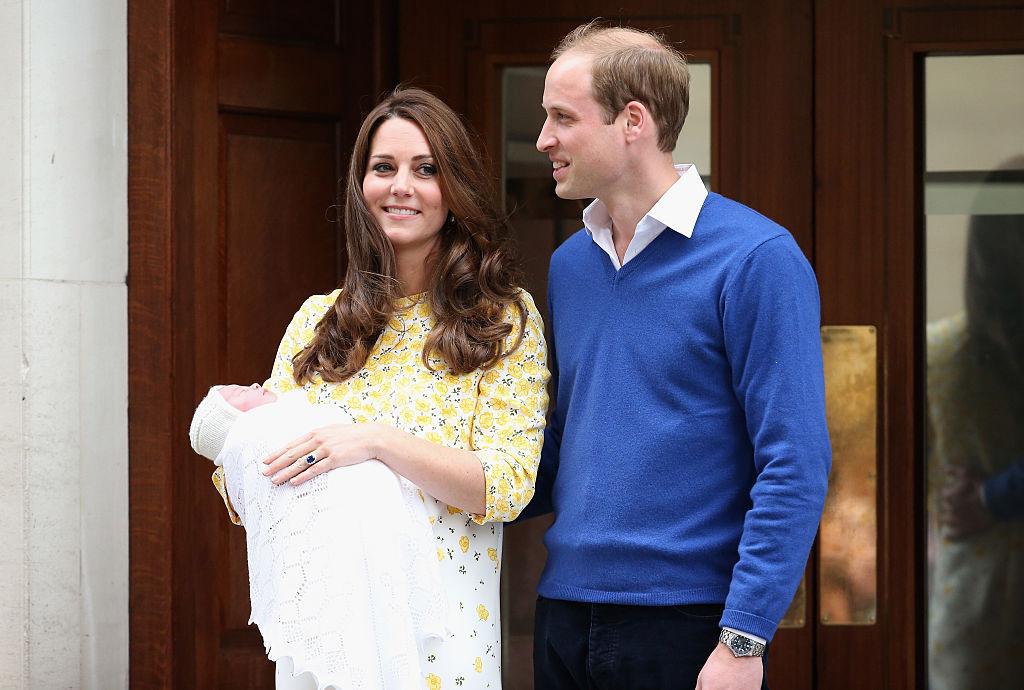
Prince William and Princess Kate are known for their more modern approach to royal parenting, often breaking away from traditional norms. They emphasize a hands-on and emotionally supportive style, striving to give their children as normal a life as possible within the royal framework.
This approach is evident in their decision to keep the children away from the hospital, prioritizing their emotional comfort and routine during what must have been a stressful period for the family.
Impact of Hospitalization on Family Dynamics
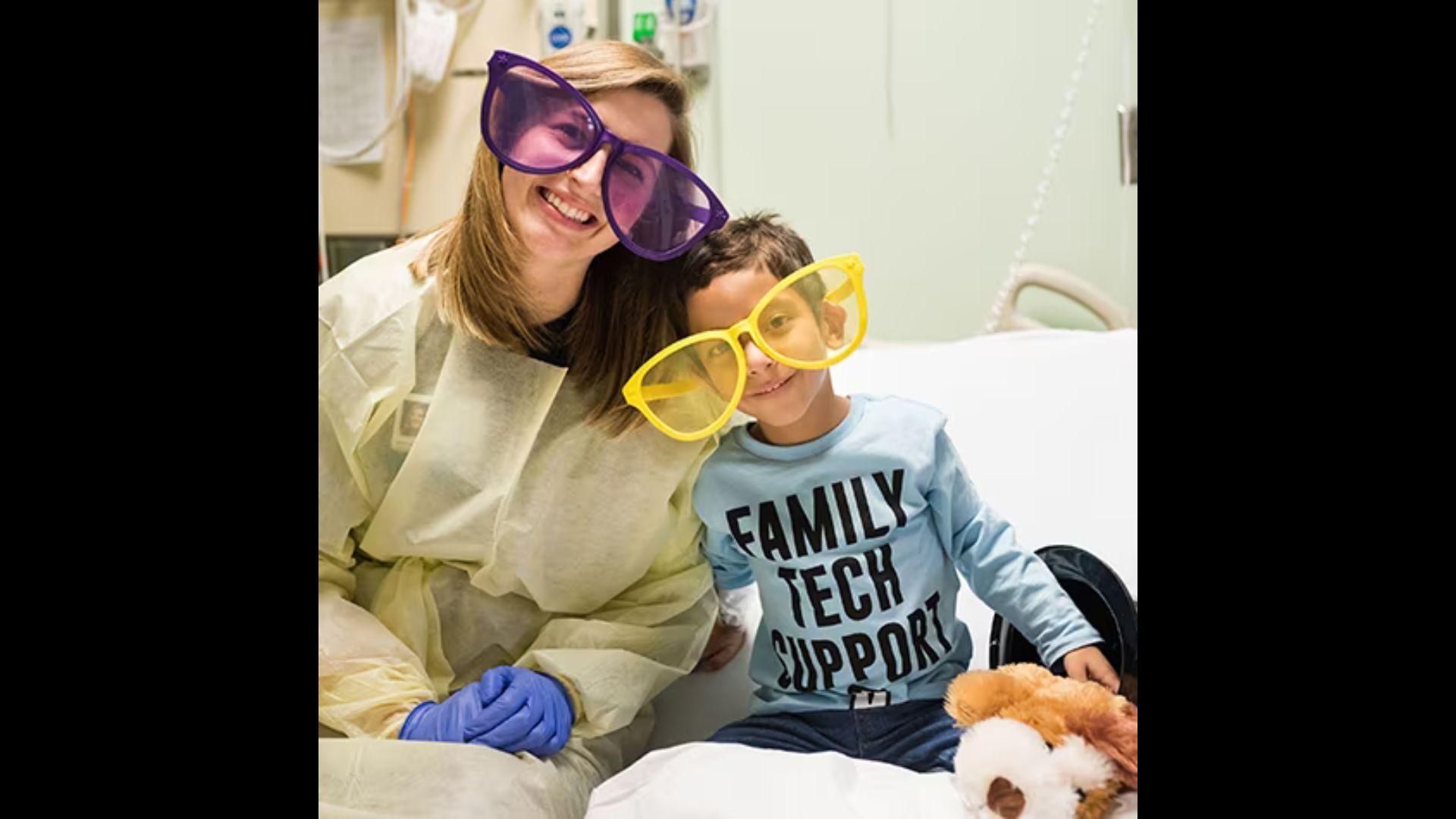
Kate’s hospitalization, though necessary, undoubtedly shifted the family’s dynamic. With her temporary absence, the roles and responsibilities within the household would have been rearranged.
Such changes can be confusing for children, but they also provide opportunities for families to come together, demonstrating resilience and adaptability in the face of adversity.
Children and Hospital Visits: Understanding the Impact

The decision to keep children away from hospitals during a parent’s illness can be complex. Experts suggest that while visiting a sick parent can provide closure and understanding, it can also be traumatic, especially if the hospital environment is intimidating or if the parent’s condition is severe.
Each situation is unique, and parents often have to weigh the emotional benefits against the potential distress such visits might cause.
Pros and Cons of Hospital Visits by Children

Hospital visits by children can be double-edged swords. On one hand, they can maintain a connection with the hospitalized parent and provide emotional support.
On the other, seeing a parent in a vulnerable state can be distressing and may lead to anxiety or fear. The age and maturity level of the child, along with the parent’s condition, are crucial factors in making this decision.
COVID-19 and Hospital Visitation Policies
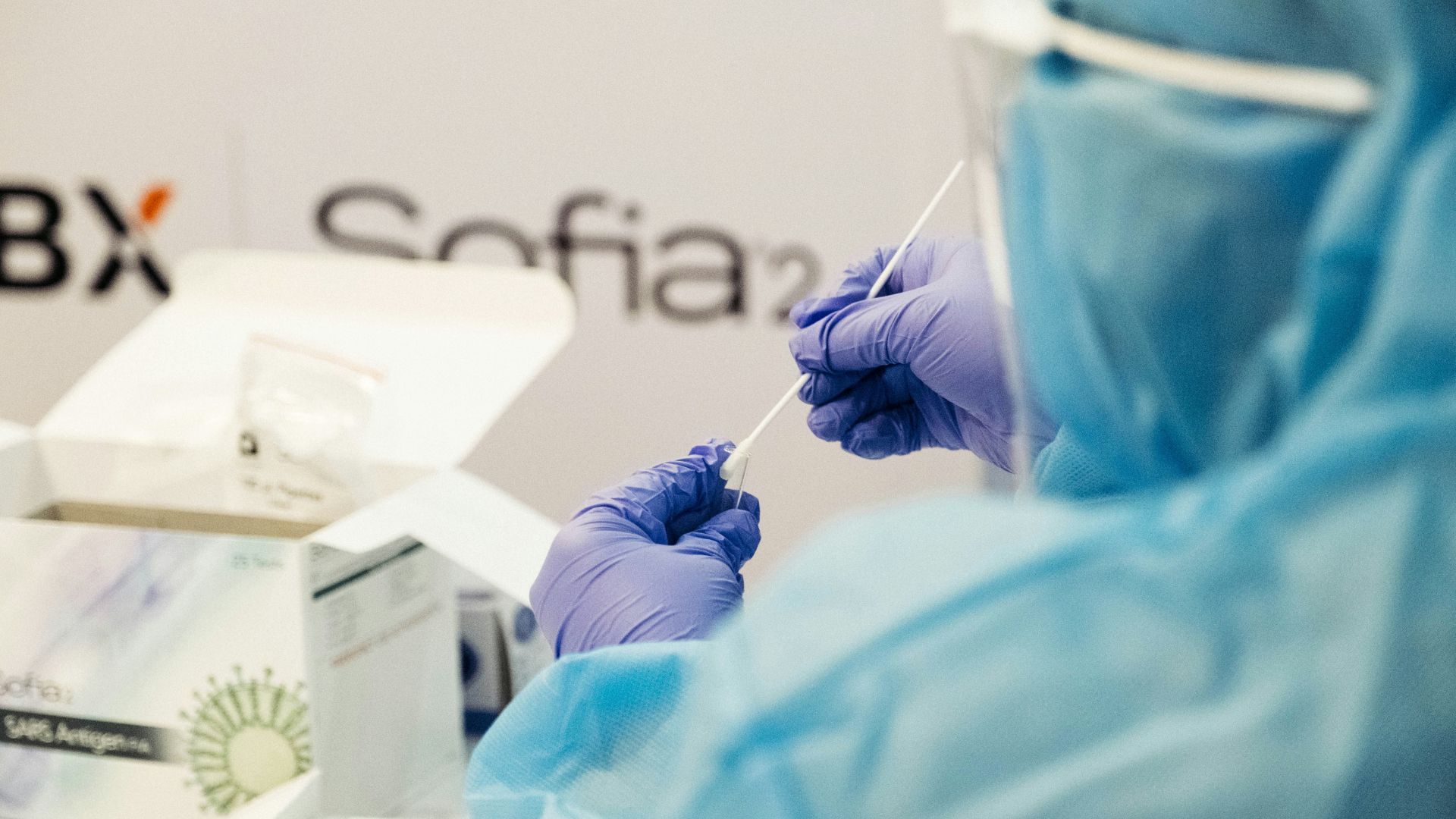
The COVID-19 pandemic has significantly altered hospital visitation policies, often restricting visits to essential caregivers only. This has been especially challenging for families with hospitalized members, as physical presence can be a crucial part of emotional support and recovery.
However, these restrictions are necessary to control the spread of the virus and protect patients, staff, and visitors alike.
Preparing Children for Hospital Visits
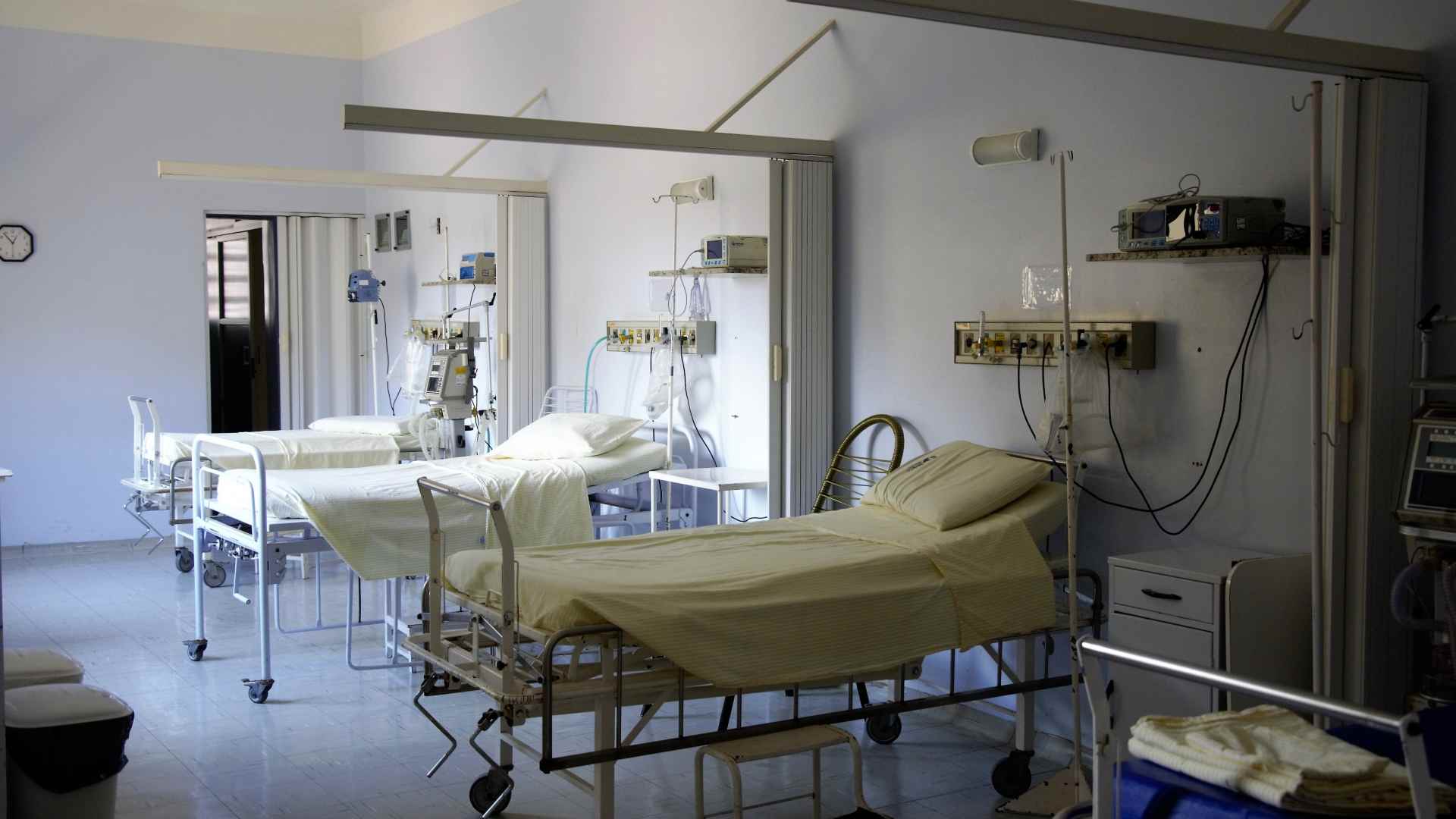
If a child is to visit a hospitalized parent, preparation is key. It’s important to explain the situation in an age-appropriate manner, describe what the hospital environment is like, and prepare them for any changes in the parent’s appearance.
Establishing a code word for the child to use if they feel overwhelmed can also provide a sense of control and safety during the visit.
Princess Kate’s Recovery and Family Support
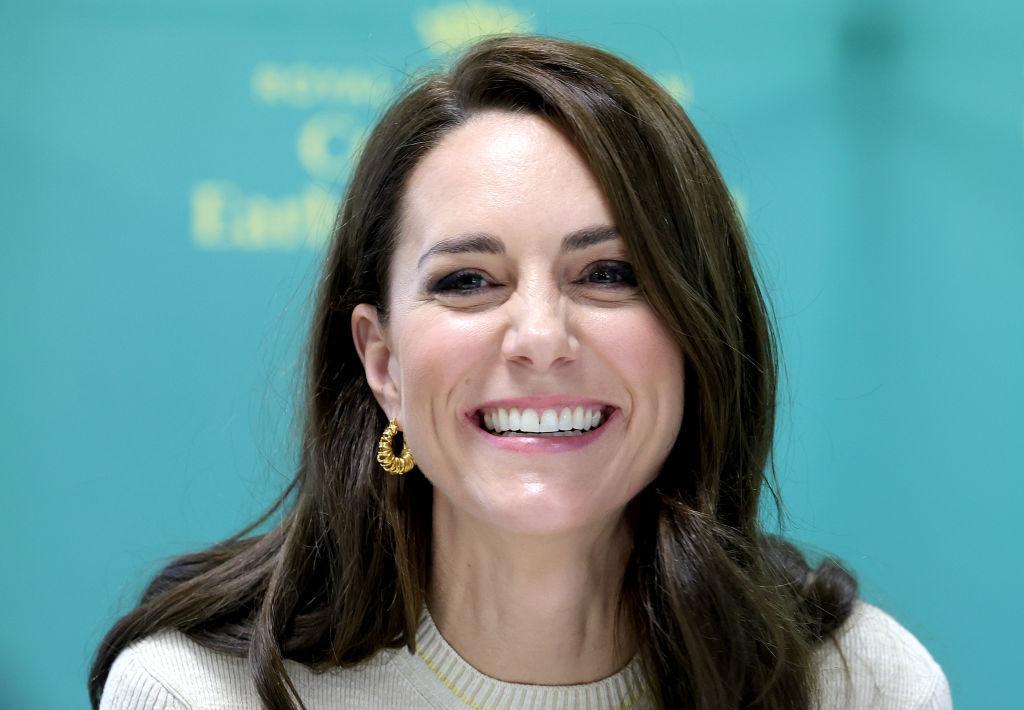
During her recovery, Princess Kate has the support of her close-knit family. Her parents, sister, and the children’s longtime nanny play vital roles in providing care and maintaining stability for the children.
This support system not only aids in her recovery but also ensures that the children’s daily lives are minimally disrupted.
Prince William’s Role During Recovery
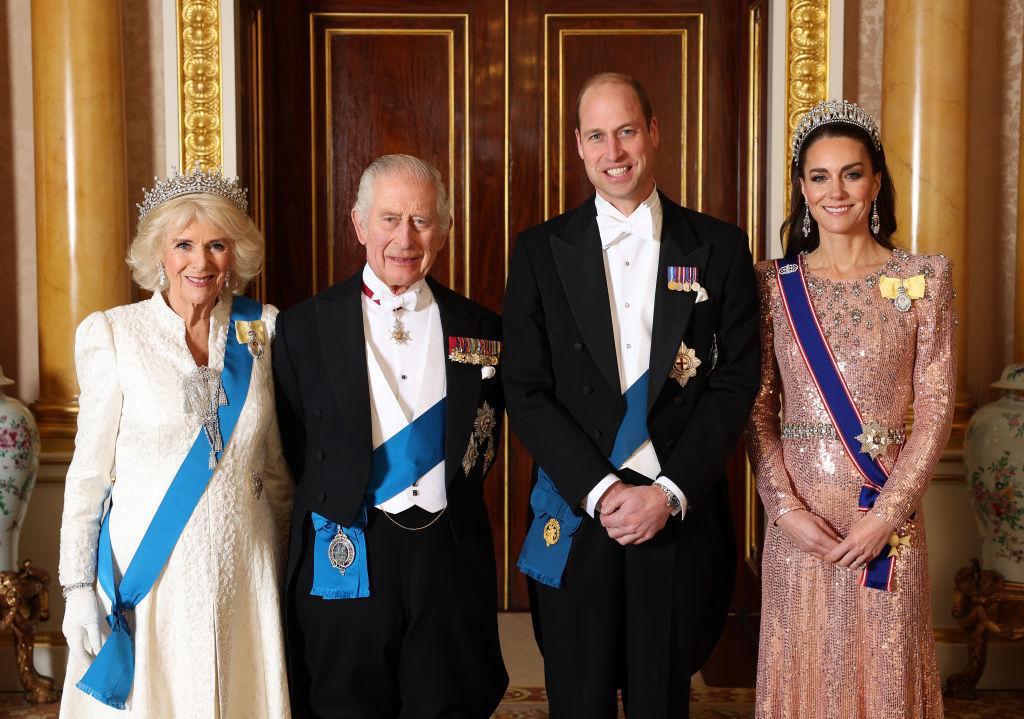
Prince William has been particularly hands-on during this time, juggling his responsibilities as a father and a supportive husband.
His involvement in everyday routine tasks highlights the family’s approach to parenting, where both parents are actively involved in their children’s lives, even under challenging circumstances.
Mental Health Considerations for the Children

The mental health of George, Charlotte, and Louis is a concern in the wake of their mother’s surgery and temporary absence.
Children may react in various ways to such situations, and it’s important for caregivers to be attentive to their emotional needs, providing reassurance and support to help them navigate their feelings during this period.
Public Response and Media Coverage

The public and media have shown immense interest in Kate’s health and the family’s handling of the situation. While there is a natural curiosity about the lives of public figures, it’s important to respect their privacy, especially in times of personal health challenges.
Still, the media’s role in responsibly reporting such events plays a part in how the public perceives and reacts to them.
Resilience and Family Strength
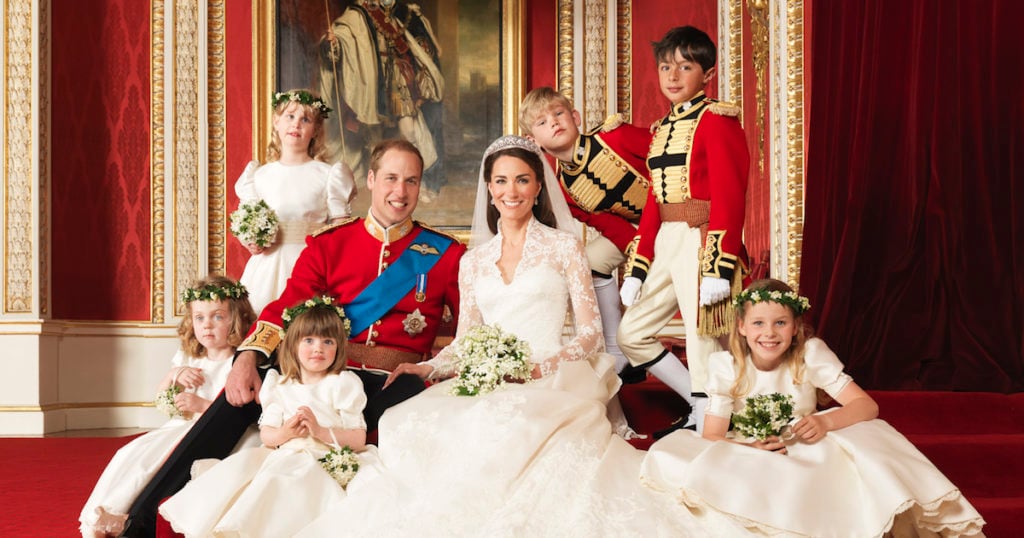
The situation surrounding Princess Kate’s surgery and recovery highlights the resilience and strength of the royal family. It underscores the importance of family support and the careful consideration that goes into decisions affecting children’s emotional well-being.
As Kate continues her recovery, the role of her family, the understanding and involvement of Prince William, and the way they collectively handle these challenges demonstrate a family dynamic many can relate to.


